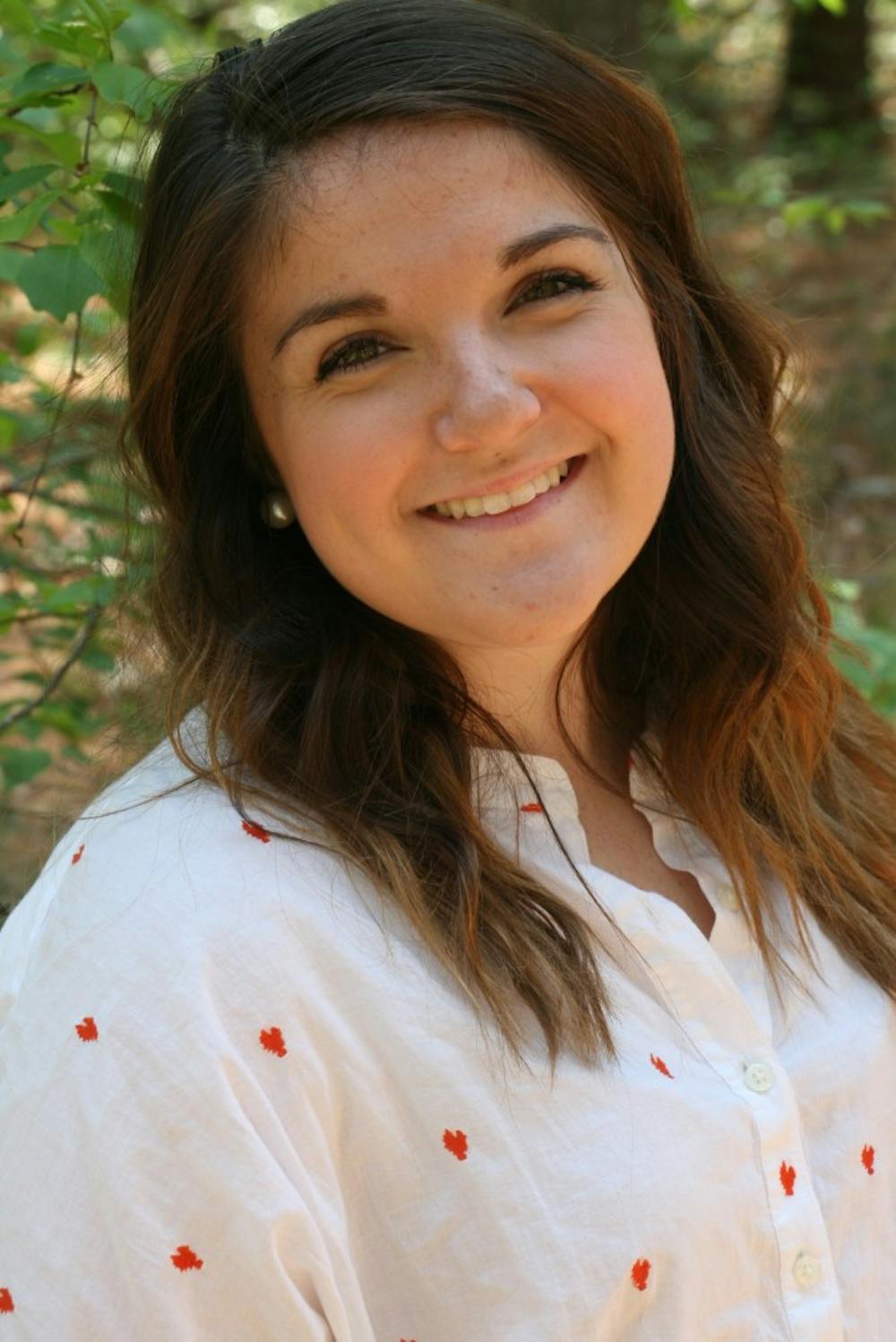When I was in elementary school, I was taught math, reading, writing and the Bible. It was squeezed in between grammar and gym class, becoming embedded into my daily life and integral to how I perceived the world.
When I entered public high school, I never felt an intense need to hide this part of myself. Almost everyone in my Irish Catholic town was confirmed, went to church when their mothers made them and when asked about their religion, would probably just say “Catholic” because that was the religion they were born into. It didn’t necessarily mean that they lived their life in any overtly religious way, but it was just what they were taught and what they accepted. No belief was ever challenged, because we were all in the same situation.
I didn’t begin thinking critically about my religion until I came to AU. The people here had opinions on religion based on different life experiences than my own and shared them in a very direct manner. My peers didn’t all subscribe to the exact same worldview like the people back home, and I became scared to share my own. I was no longer sealed within a bubble of religious homogeneity and I was shocked when confronted with the negative feelings many had surrounding my religion.
Within my first few weeks at school, I was presented with a radically new concept: religious privilege. I struggled to understand how being a Christian made me privileged, and I often took comments questioning my beliefs personally. It was the first time I had been questioned about the validity of what I had been taught, and now I knew that others had not been taught the same things. Privilege in regards to my religion meant that I would never be attacked, blamed, banned or killed in my own country based on who I did or did not pray to. My religion was overrepresented in American culture and often viewed as the default setting for “normal” values in this country.
When I began to consider Christianity and its role in the social hierarchy of this nation, I started to understand the social implications that accompany religion. I reject the notion that there should be political parties tied to a specific religion or that identification with one faith equals a belief in certain social policies. Understanding how I was socialized as a child allowed me to form new personal identities and values. I began to realize I had allowed myself to subscribe to one narrative surrounding religion without acknowledging others.
In any new environment, it can be daunting to reveal certain aspects of your identity. For the first time in my life I was not existing in a predominately white, Christian community. I had to confront how my identities affected and interacted with others. Being uncomfortable and questioning myself was exactly what I had to do. Although I have in no way found all the answers, the state of discomfort in which I now allow myself to exist has helped me decide what my religious identity will mean to me.
Julia Gagnon is a sophomore in the School of Public Affairs and a columnist for The Eagle.





